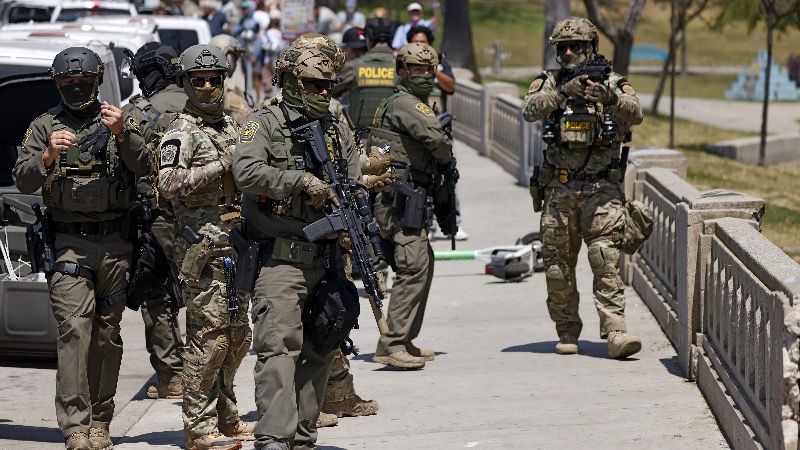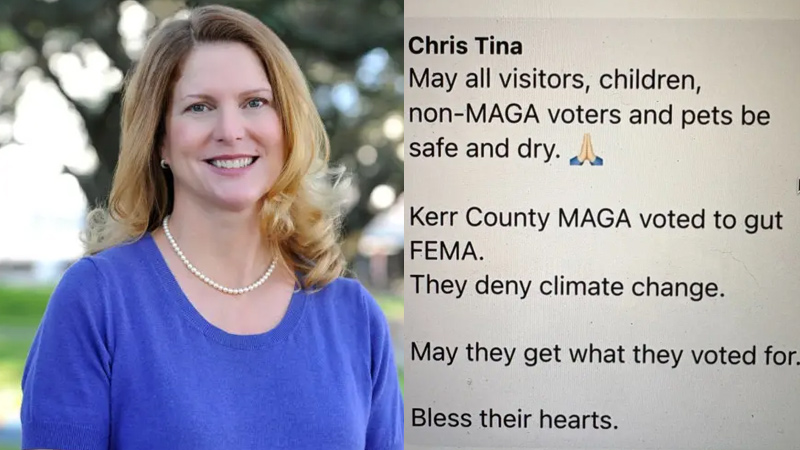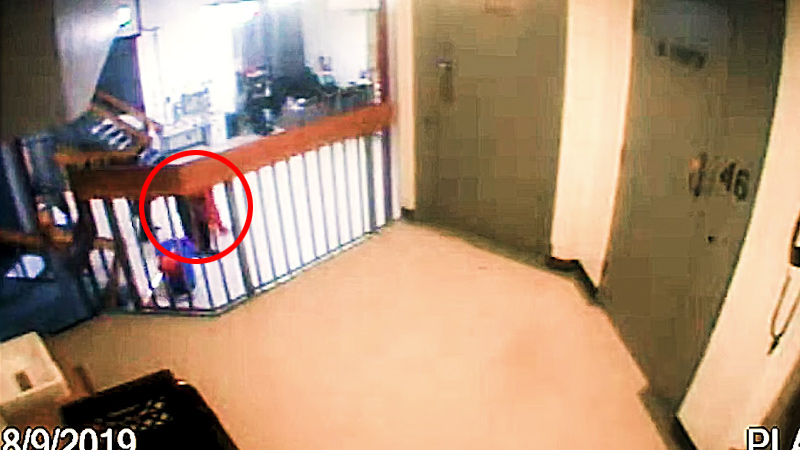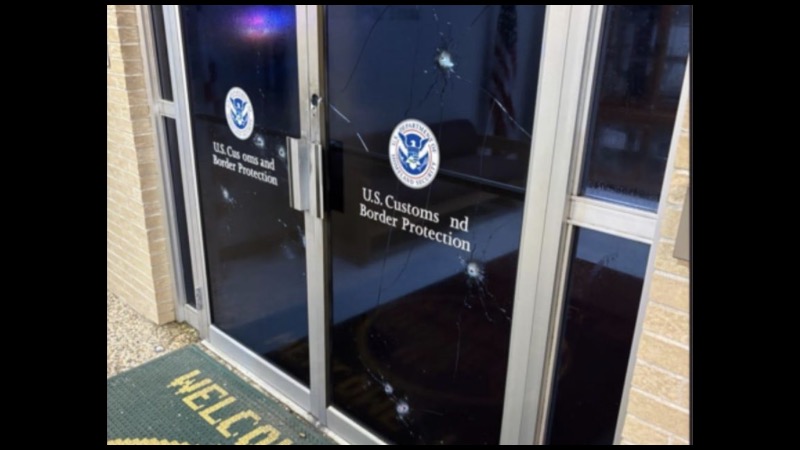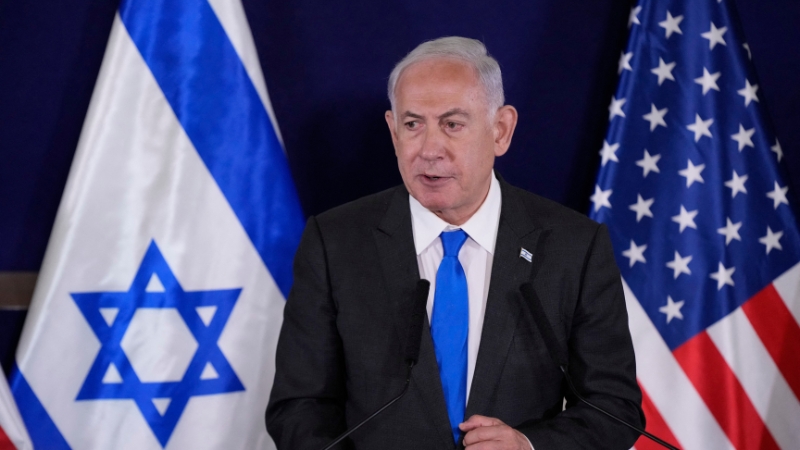 Image Credit: JACQUELYN MARTIN / Contributor / Getty Images
Image Credit: JACQUELYN MARTIN / Contributor / Getty Images Israeli Prime Minister Benjamin Netanyahu returns to Washington today to meet President Trump for the third time since January.
Before his departure, Netanyahu addressed reporters and told them there is now a chance for lasting peace in the Middle East.
“We have already transformed the Middle East beyond recognition, and we now have a chance to bring a great future to the state of Israel, the people of Israel and the entire Middle East,” he said.
Netanyahu said he would personally thank President Trump for his role in last month’s strikes against Iran’s nuclear facilities, but also cautioned that Iran must not be allowed to continue enriching Uranium, something its leaders have vowed to do.
Netanyahu also told reporters Israel had three goals that would be necessary to bring the war in Gaza, which began in October 2023, to an end. He said all Israeli hostages must be released, Hamas’s military capabilities must be destroyed, and Gaza must never be allowed to become a threat to Israel again,
Indirect peace talks have been taking place between Israel and Hamas in Qatar, but have so far failed to reach a deal.
According to Palestinian sources, the Israeli delegation were not authorized to reach an agreement with their Hamas counterparts.
“After the first session of indirect negotiations in Doha, the Israeli delegation is not sufficiently authorized … to reach an agreement with Hamas, as it has no real powers,” the sources told Reuters.
Speaking ahead of his meeting with Netanyahu, President Trump said, “We’re working on a lot of things with Israel, and one of the things is probably a permanent deal with Iran.”
On Friday, President Trump said Iran would not be allowed to restart its nuclear program.
Addressing reporters aboard Air Force One, Trump said he believed the US airstrikes on Iran’s nuclear facilities at Fordow, Natanz and Isfahan were a “great success” which permanently destroyed the country’s nuclear capabilities.
“The whole nuclear thing, I would say, is set back permanently,” Trump said.
However, the President acknowledged that Iran could try to restart its nuclear program somewhere else. If that happened, Trump vowed the US would prevent further enrichment of uranium.
“If they were to do it again, they might as well start in a different location, because that location is totally demolished.”
“They could start, but I would think they’d have to start in a different location,” he continued. “But if they did start, there’d be a problem. We wouldn’t allow that to happen.”
Iran has now formally suspended its cooperation with the International Atomic Energy Agency (IAEA), following Israeli and US airstrikes last month. The IAEA confirmed on 4 July that its last inspectors had been pulled out of the country, after Iranian lawmakers voted to end collaboration with the agency. IAEA inspectors had been denied access to the facilities targeted by Israel and the US.
In a 22 June report to the UN Security Council, on the day of the US strikes, the IAEA said Iran had accumulated more than 400kg of uranium enriched to 60% purity, not far from the 90% needed to make a nuclear weapon.
The IAEA says it remains unclear what has happened to this stockpile as a result of the Israeli and US strikes.
